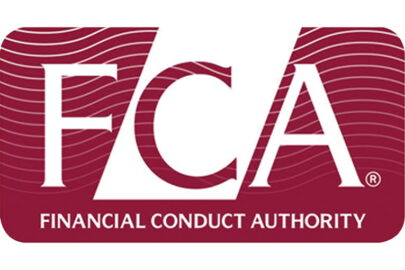The Financial Conduct Authority (FCA) and the Prudential Regulation Authority (PRA) have published new rules in relation to whistleblowing.
These changes follow recommendations in 2013 by the Parliamentary Commission on Banking Standards (PCBS) that banks put in place mechanisms to allow their employees to raise concerns internally and that they appoint a senior person to take responsibility for the effectiveness of these arrangements.
Tracey McDermott, acting FCA chief executive, said: “Whistleblowers play an important role in exposing poor practice in firms and they have in the past few years contributed intelligence crucial to action taken against firms and individuals. It is in the interests of the industry and regulators alike that wrongdoing is identified and addressed promptly. For individuals to have the confidence to come forward, it is vital that firms have in place adequate policies on dealing with whistleblowers and that a senior manager takes responsibility for overseeing these policies.
“These rules are designed to build on and formalise examples of good practice already found in parts of the financial services industry and aim to encourage a culture in which individuals working in the industry feel comfortable raising concerns and challenge poor practice and behaviour.”
The FCA has published a package of rules designed to build on and formalise what it says is the good practice already widespread in the financial services industry. These rules aim to encourage a culture where individuals feel able to raise concerns and challenge poor practice and behaviour. The rules on whistleblowing, which take full effect in September 2016, apply to deposit-takers (banks, building societies, credit unions) with over £250m in assets, and to insurers subject to the Solvency II directive; they are non-binding guidance for all other firms the FCA supervises.
The new key rules on whistleblowing require a firm to:
- appoint a Senior Manager as their whistleblowers’ champion;
- put in place internal whistleblowing arrangements able to handle all types of disclosure from all types of person;
- put text in settlement agreements explaining that workers have a legal right to blow the whistle;
- tell UK-based employees about the FCA and PRA whistleblowing services;
- present a report on whistleblowing to the board at least annually;
- inform the FCA if it loses an employment tribunal with a whistleblower;
- require its appointed representatives and tied agents to tell their UK-based employees about the FCA whistleblowing service.
